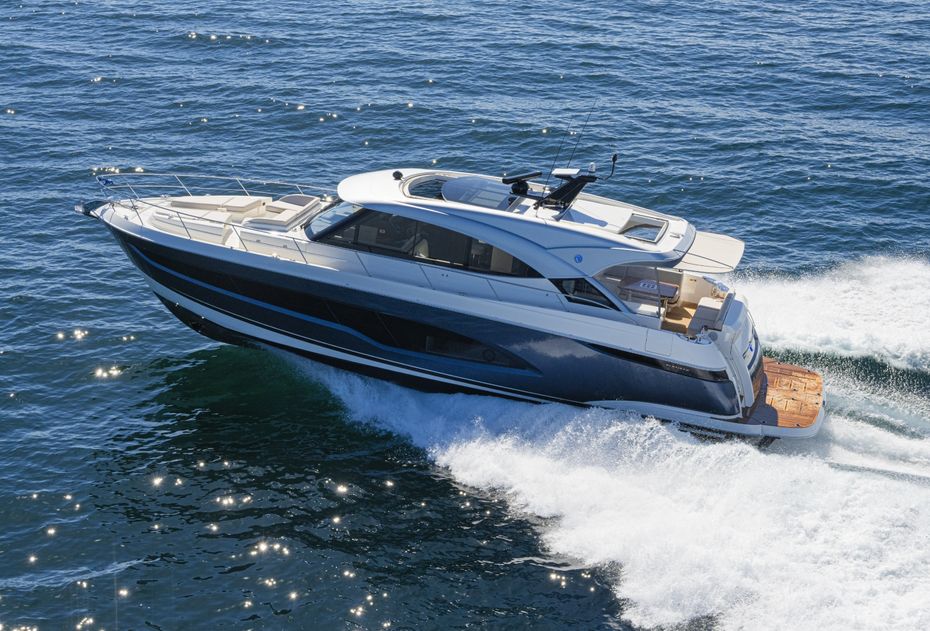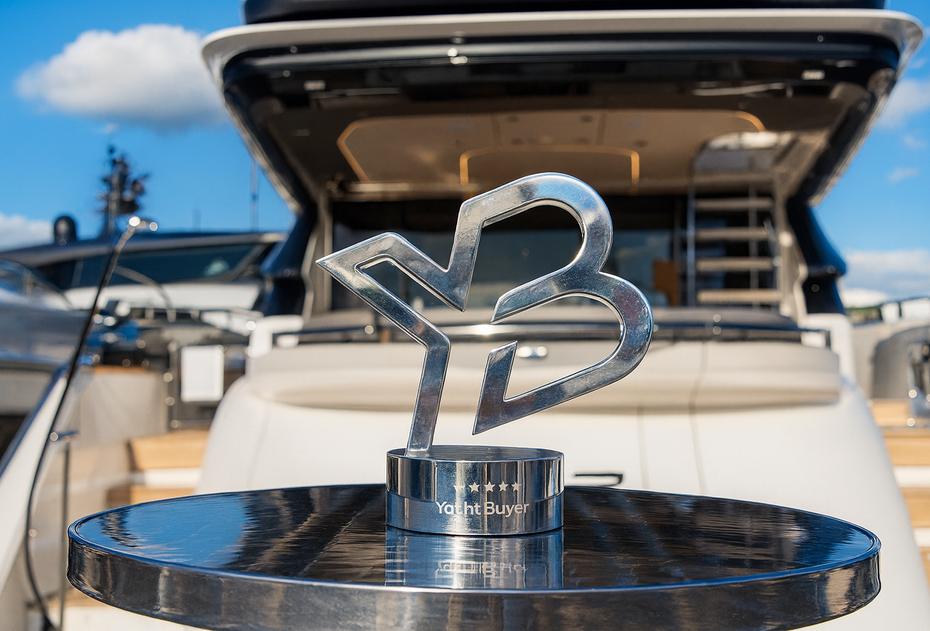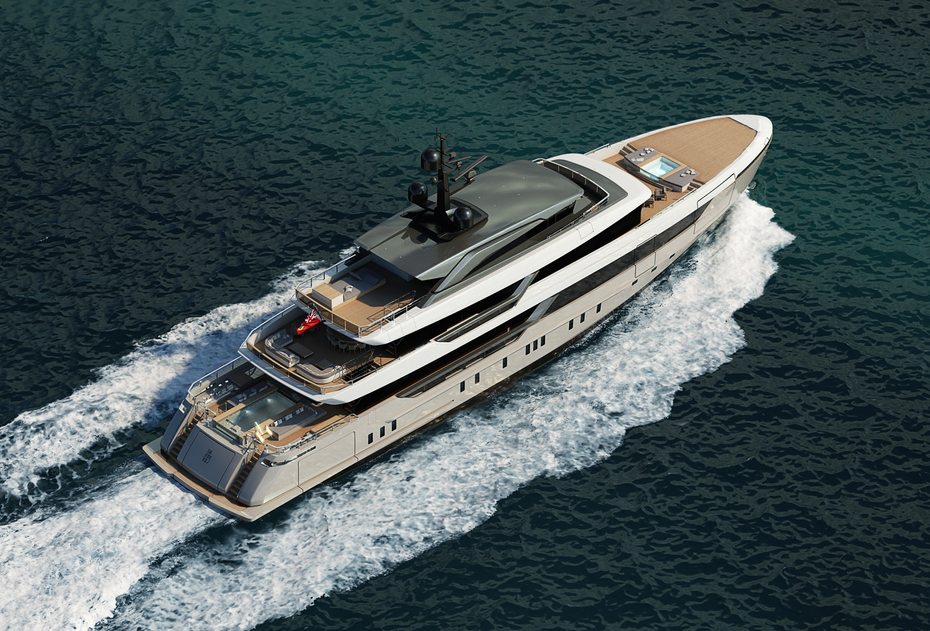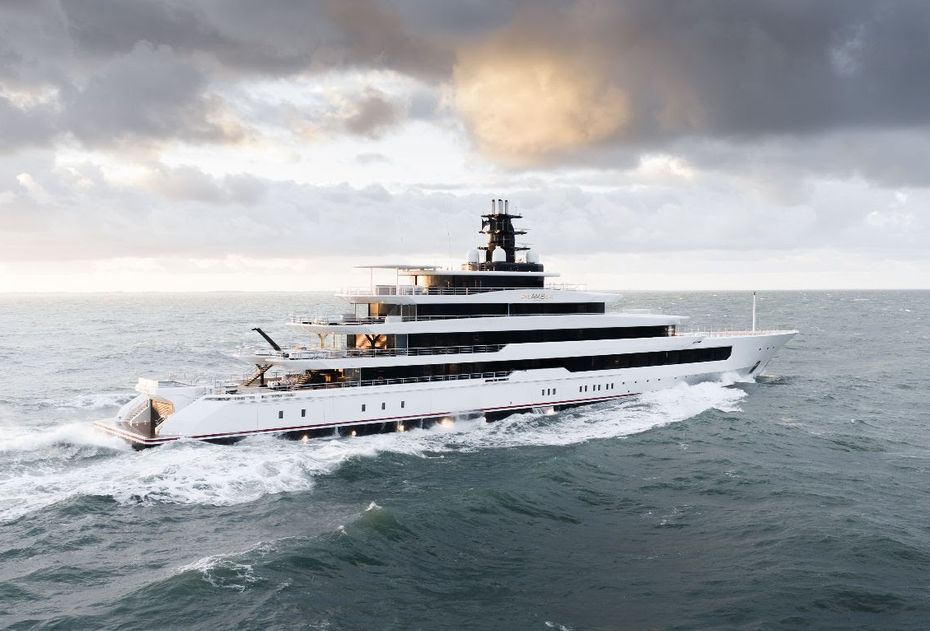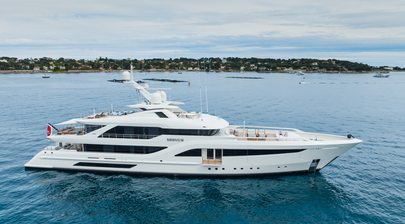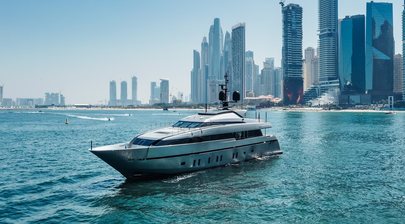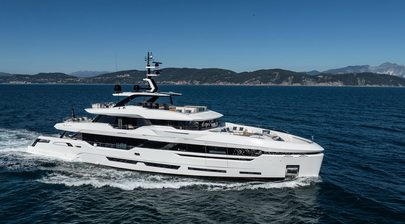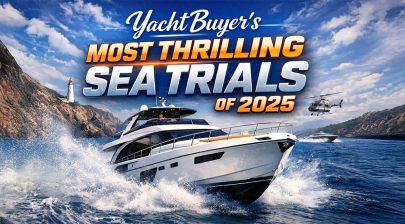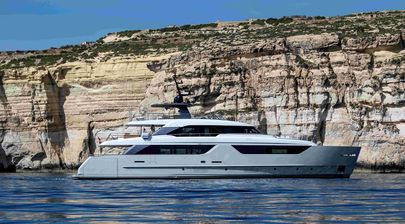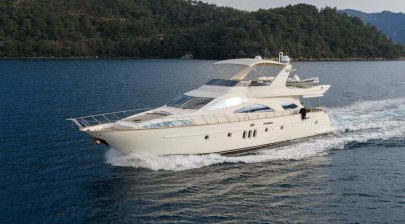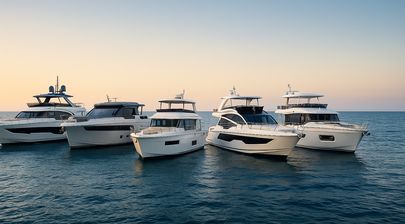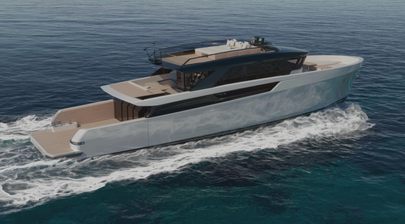Signed into law on July 4, the legislation reinstates 100% bonus depreciation for qualifying capital assets, including yachts that are placed into commercial use after January 20, 2025.
The provision will remain available through December 21, 2029, offering U.S. taxpayers a structured incentive to operate vessels as bona fide charter businesses.
Key Criteria: Charter Use and Documentation Are Central
To qualify for 100% bonus depreciation under the law, the yacht must be:
- Used more than 50% for charter (business) purposes rather than personal use;
- Located more than 50% of the time in U.S. waters, including U.S. Virgin Islands;
- New to the taxpayer’s business use (i.e., it cannot have been previously used in their trade or business).
Comprehensive documentation - including charter contracts, advertising materials, crew logs, maintenance records, and financial tracking- is required to demonstrate eligibility and withstand IRS scrutiny. If business use falls below the 50% threshold in later years, depreciation may be subject to recapture.
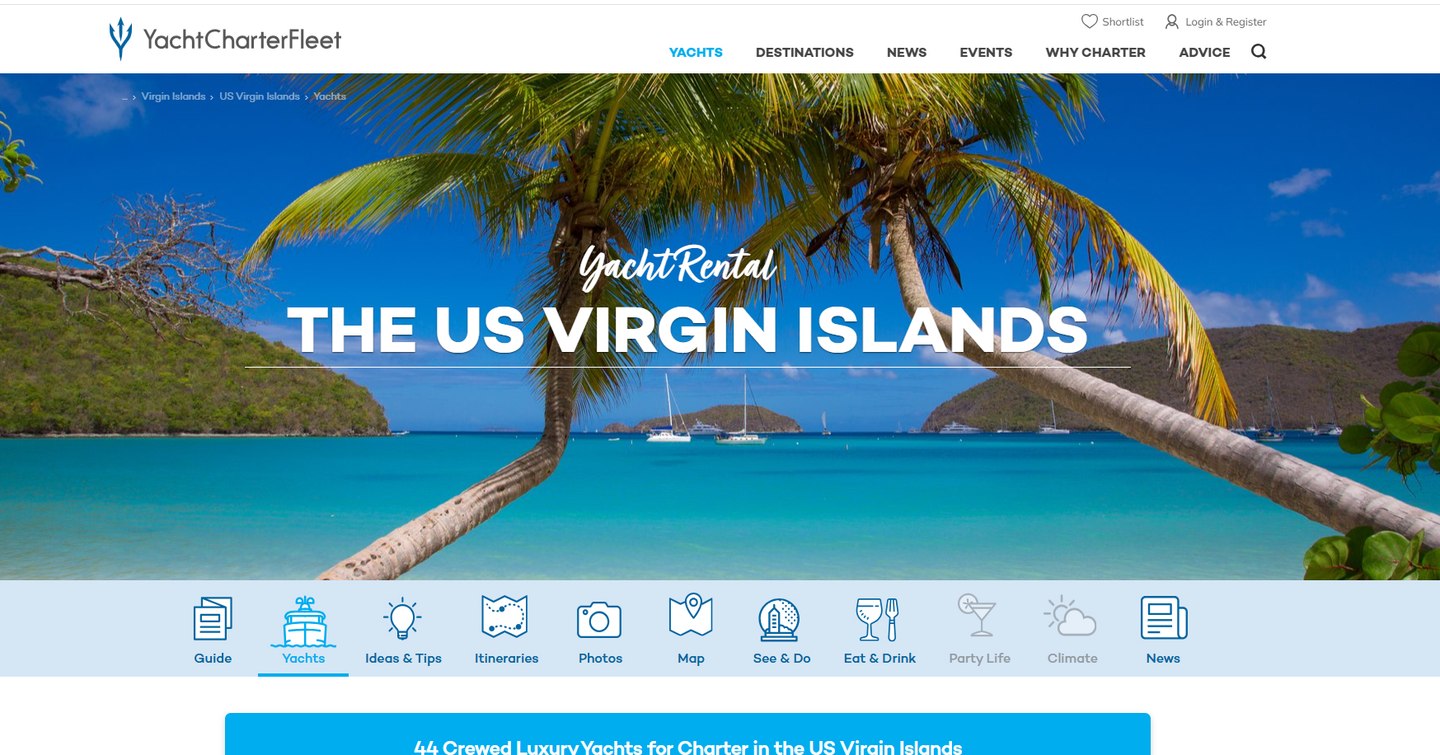
The vessel has to be operated as a legitimate business, with all the supporting records that implies.
“This is not just a write-off for buying a yacht,” says a maritime tax attorney based in Palm Beach. “The vessel has to be operated as a legitimate business, with all the supporting records that implies.”
Buying New or Used? Structuring Strategy Around Operational Readiness
Importantly, the law applies equally to new and used yachts, provided they meet the usage and ownership criteria.
This has led to a closer examination by buyers of pre-owned vessels that can be placed into charter service promptly - particularly those with charter-appropriate layouts, established maintenance histories, and U.S.-compliant registration.
While no official data has yet been released on post-OBBBA market behavior, brokers note that vessels already positioned for charter operations may hold strategic appeal due to their faster eligibility for depreciation and earlier revenue potential.
At the same time, new builds continue to offer long-term advantages: higher potential charter rates, full customization, and often more efficient systems. However, they typically involve longer lead times, which buyers must factor in when seeking to align acquisition with the current depreciation window.

Professional Oversight Strongly Advised
Industry professionals emphasize that compliance with OBBBA is not passive. Operating a yacht as a charter business, rather than simply listing it, requires deliberate management and oversight.
Charter management firms are positioned to support:
- Regulatory compliance (charter use thresholds, flag state alignment)
- Accurate recordkeeping for IRS and legal purposes
- Marketing and charter bookings through global broker networks
- Operational coordination, including crew, maintenance, and insurance
It’s not enough to say the yacht is available for charter. You need to show that it is being actively marketed and operated as a business.
U.S.-based management firm
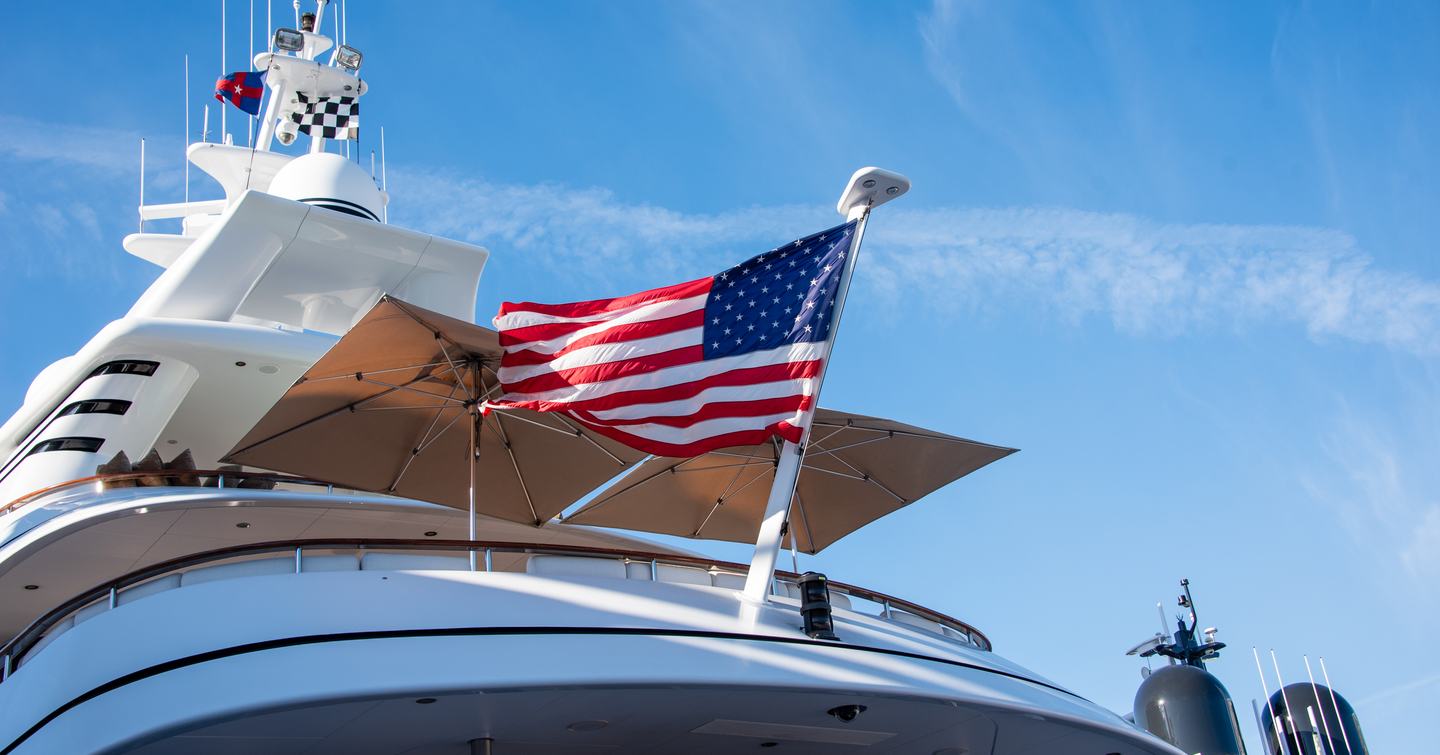
Planning Now for a 2025–2029 Strategy
While the tax benefits of OBBBA are clearly defined, buyers are encouraged to begin planning early - ideally with both a tax advisor and maritime operations specialist.
YachtBuyer will release a comprehensive guide later this quarter, outlining detailed planning strategies, case studies, and a Q&A with maritime CPAs.
For now, the recommendation is straightforward: if yacht ownership is on the horizon,and if charter use is part of the strategy, the OBBBA window presents a unique planning opportunity.
Looking for your dream luxury yacht? Explore our complete collection of superyachts for sale worldwide, tracked in real-time by YachtBuyer MarketWatch. We scan the entire market to ensure access to all genuine listings, saving you time. Alternatively, you can also view all other new & used yachts for sale.




